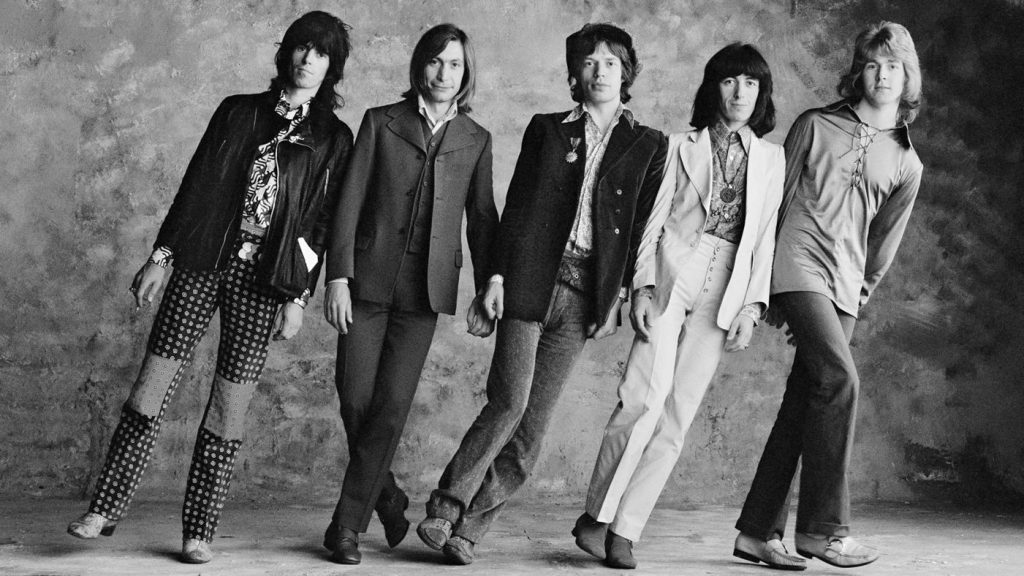
A Timeless Anthem of Discontent: “(I Can’t Get No) Satisfaction” by The Rolling Stones
Few songs in the history of rock ‘n’ roll have left as indelible a mark as “(I Can’t Get No) Satisfaction” by The Rolling Stones. Released in 1965, this iconic track not only catapulted the band to international fame but also became an enduring symbol of youthful rebellion and societal frustration. It resonated deeply with a generation that was beginning to question the status quo, capturing the restless spirit of the 1960s with its raw energy and unmistakable riff.
At the time of its release, “(I Can’t Get No) Satisfaction” soared to the top of the charts, securing the number one spot on the Billboard Hot 100 in July of 1965. It was a remarkable achievement for The Rolling Stones, marking their first number-one hit in the United States. The song’s popularity was not just confined to America; it also topped charts across the globe, cementing its place in rock history.
The story behind “Satisfaction” is as compelling as the song itself. Legend has it that guitarist Keith Richards came up with the song’s signature riff in his sleep. He recorded it on a tape recorder next to his bed, and upon waking, found that he had captured what would become one of the most famous guitar riffs in music history. The simplicity yet power of this riff laid the foundation for a song that would speak to countless listeners.
Mick Jagger, with his distinctive voice, delivered lyrics that expressed frustration with commercialism and the relentless pursuit of consumer satisfaction—a sentiment that many could relate to at the time. The repetitive refrain “I can’t get no satisfaction” echoed a sense of dissatisfaction and disillusionment that was becoming increasingly prevalent among young people during the mid-60s. The song’s critique of advertising and superficial desires was both timely and timeless, resonating with listeners who felt trapped by societal expectations.
Beyond its lyrical content, “(I Can’t Get No) Satisfaction” exemplified a bold new sound that set The Rolling Stones apart from their contemporaries. It was edgier, more rebellious, and unapologetically raw—qualities that would come to define much of their subsequent work. The driving beat and gritty guitar tones captured the essence of rock ‘n’ roll, infusing it with a sense of urgency and emotion that was both invigorating and liberating.
For many older listeners today, “Satisfaction” evokes memories of a transformative era—a time when music was not just entertainment but also a powerful force for change. It reminds them of youthful days filled with possibility and rebellion against norms that seemed suffocating. The song’s enduring appeal lies in its ability to tap into universal feelings of longing and unrest, making it as relevant now as it was then.
As we look back on “(I Can’t Get No) Satisfaction,” we are reminded not only of its monumental impact on music but also of its role as a cultural touchstone. It is a testament to The Rolling Stones’ ability to capture the zeitgeist and articulate emotions that resonate across generations. Even today, it continues to inspire new listeners while evoking nostalgia for those who lived through its original release—a true classic in every sense of the word.
